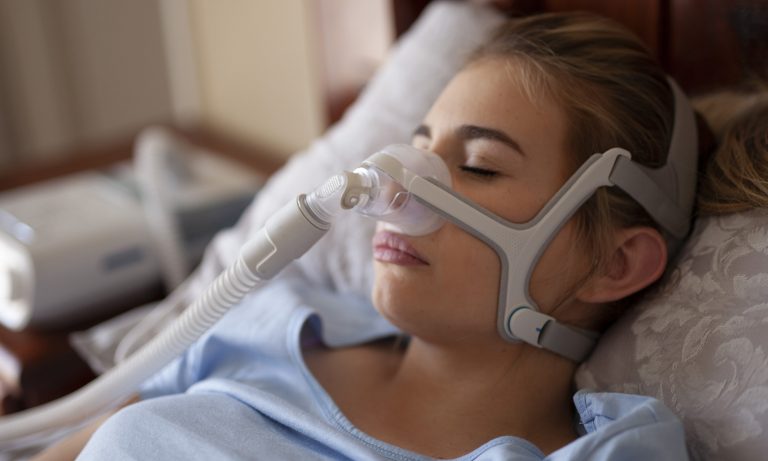
Sleep apnea is not something to consider a minor ailment. Left untreated, apnea increases the risk of a number of health issues, including high blood pressure and heart problems. While there’s a good chance the medical team will try non-invasive measures first, the time may come when sleep apnea surgery is the only real solution. Assuming one or more of the following holds true, that day may be at hand.
Unable to Tolerate CPAP
Continuous positive airway pressure is one of the most common treatments for sleep apnea. When paired with lifestyle changes and getting rid of excess weight. it helps many people regain the ability to enjoy recuperative sleep. At the same time, the decrease the risk for developing a number of ailments.
There are those who cannot tolerate the use of CPAP. When that’s the case, considering some form of surgery may be the best option. Once the surgery is completed, the patient will find it much easier to enjoy restful sleep and feel better.
Or Make Use of an Oral Appliance
Oral appliances are helpful for many people living with sleep apnea. Designed to help keep the airway positioned so that it’s easy to breathe in and out, the appliances are easy to use and take little effort to maintain. They also have the benefit of being easy to take along on trips, since they require very little space.
Unfortunately, oral appliances don’t work in every case. If they seem to be making it harder to sleep rather than easier, it’s time to consider an alternative. Opting for a surgical procedure may be the only real option.
You Have a BMI of Less Than 35
Before any form of sleep apnea surgery will be considered, the surgeon will look closely at your overall health. One of the factors that comes into play is your current Body Mass Index. That index provides insight into whether you’re classed as underweight, average, overweight, or obese. The average range is between 18.5 and 24.9.
In order to qualify for this type of surgery, you’ll need to have a BMI that is under 35. If it’s currently higher, the surgery will be delayed while you try to lose enough weight to lower your body mass index.
An Invasive Procedure Would Eliminate an Underlying Cause
The good news is that this type of surgery may not require a lot of time or involve a long recuperative period. In fact, it could turn out to be something as simple as removing the tonsils, changing the alignment of the jaws, or removing other tissue that is partially obstructing the airway. After the procedure, you should find that it’s a lot easier to enjoy deeper sleep and feel better in the morning.
Don’t despair if you’re tried more than one non-invasive approach to dealing with sleep apnea, and found them wanting. There are still other forms of treatment that are likely to make a positive difference. Rest assured that the surgeon will go over what sort of procedure is needed, why it would be good for you, and the results that you can expect.

